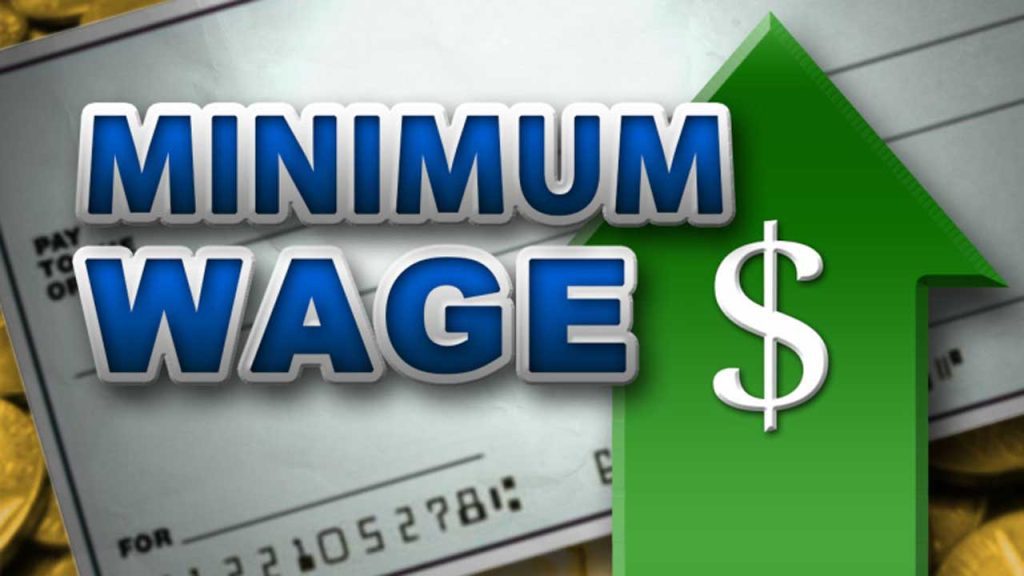The 37-member group formed by the Federal Government to discuss the new minimum wage will meet again in mid-April to keep talking and gathering information. The new minimum wage is expected to be announced by President Bola Tinubu on May 1, 2024.
Hakeem Ambali, the National Treasurer of the Nigeria Labour Congress and a member of the group, revealed this in an interview in Abuja on Sunday.
Ambali pointed out that the committee members are still gathering and examining the reports from the zonal public hearings.
The committee had received the reports from zonal public hearings held across the six geo-political zones of the country between Wednesday, March 27, 2024, and Thursday, March 28, 2024.
The new minimum wage is expected to help lessen the impact of the removal of subsidy on Premium Motor Spirit.
During the public hearings, different zones had suggested different amounts for minimum wage.
The South West zone had suggested N794,000; the North East proposed N560,000 as minimum wage; North West proposed N485,000; the North Central proposed N709,000; South South demanded N850,000 while the South East demanded N540,000.
Regarding the outcome of the recent meeting, Ambali simply said, 'We have been compiling and analysing zonal reports.'
When asked about the date scheduled for the next meeting of the committee, he said, 'Mid-April.'
Tinubu, through Vice President Kashim Shettima, on January 30, 2024, set up the 37-member panel at the Council Chamber of the State House in Abuja.
With its membership cutting across federal and state governments, the private sector, and organised labour, the panel is to recommend a new national minimum wage for the country.
In his opening address, Shettima urged members to 'quickly' arrive at a resolution and submit their reports early as the current N30,000 minimum wage expires at the end of March 2024.
'This timely submission is crucial to ensure the emergence of a new minimum wage,' Shettima said.
In May 2017, the House of Representatives moved to amend the National Minimum Wage Act for a mandatory review of workers’ pay every five years.



